We’re always hearing the advice to “hydrate, hydrate, hydrate.” And for good reason — statistics from the National Institutes of Health (NIH), indicate that a high percentage of us, especially the elderly, are chronically dehydrated. Dehydration can lead to more serious conditions and is a frequent cause of hospital admission in older people.
“Urinary tract infections and kidney stones are a very unpleasant consequence of prolonged dehydration,” Gloria Sonoda, R.N., a registered nurse from Los Angeles, says. “Severe dehydration can cause low blood volume, which shows as low blood pressure, increased heart rate, and [a] higher respiratory rate.”
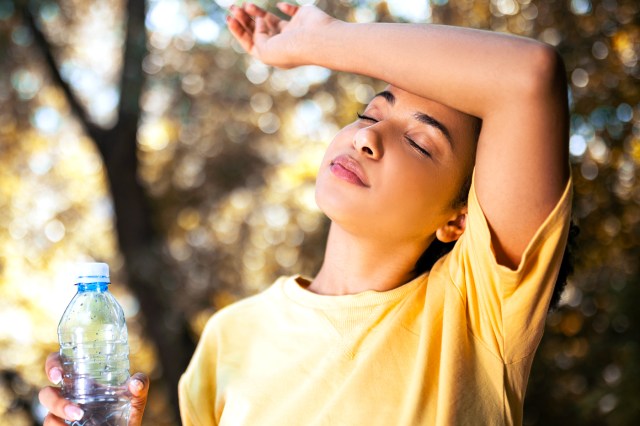
What Is Dehydration?
According to the Cleveland Clinic, dehydration occurs when your body loses an excess amount of fluid that prevents it from functioning normally. This can occur simply because you’re not drinking enough water, or if you’ve been sweating a lot on an exceptionally hot day. You can also become dehydrated from the effects of illness, such as fever, diarrhea, or vomiting, or from medications that make you urinate more frequently. The Cleveland Clinic also warns that if you’re very thirsty, you’re probably already mildly dehydrated.
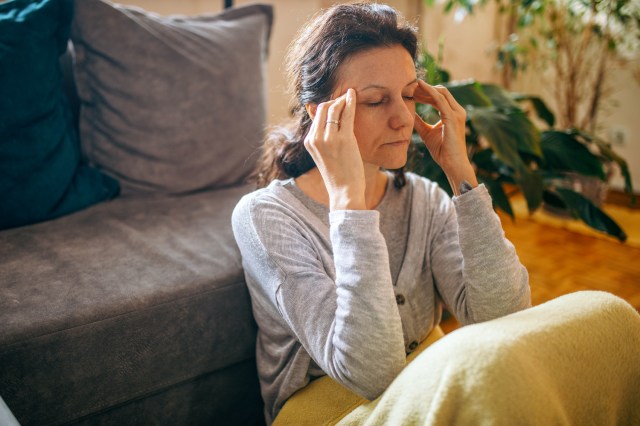
What Are the Signs of Dehydration?
So, how else can we tell if we’re not hydrating enough? “Many people know the common signs of dehydration, like darker or less frequent urination, headaches, dizziness, and dry skin,” Sonoda says. “Some less obvious signs, like fatigue, trouble concentrating, and heart palpitations, could also be signs of poor hydration.”
Let’s take a closer look at seven signs of dehydration, and also what to look out for in children and infants.
1. Darker or Less Frequent Urination
According to the NIH, urine color is an effective marker of hydration. Experts advise that your urine should be a pale, clear color, and darker, concentrated urine is a sign you may be dehydrated. Also be aware if you are urinating less frequently than usual. According to Harvard Health, because urination is one of the ways fluid is expelled from the body, less fluid being released is a sign of dehydration and indicates you need to up your water intake.
“In hot weather and after sweating from heavy work or playing sports, it’s important to drink extra fluids to cool the body, [and] avoid dehydration, cramps, and heat exhaustion,” Sonoda says. “Start hydrating early if you know you will be engaging in heavy exercise.”
2. Headaches
While we all get headaches from time to time, the Cleveland Clinic reports that a dehydration headache is one specifically caused by your body not getting enough fluids, and is often accompanied by other signs of dehydration such as fatigue, dizziness, extreme thirst, and dry mouth. Dehydration headaches can often be relieved by drinking water, resting, and taking OTC pain medications, but confusion and/or dizziness can signal a more serious level of dehydration and may require immediate medical care.
3. Dizziness
Harvard Health cautions that a lack of adequate hydration can cause your blood pressure to drop and, as a result of not enough blood reaching your brain, cause you to become lightheaded and dizzy. And simply drinking more water may not be enough; if you haven’t been taking in enough fluids for several days, an intravenous infusion of fluids by a health professional may be required. You could also need blood tests to determine if electrolytes, such as potassium, are needed.
4. Dry Skin
A study published by the NIH showed a correlation between water intake and skin health; hydration plays an important role in different skin functions, and dehydration is associated with several dermatological conditions.
A turgor test is often used to assess the elasticity of your skin. “Your doctor or nurse might lightly pinch the skin on the back of the hand or on the arm to see if the skin promptly snaps back to normal,” Sonoda says. Skin will usually snap back rapidly to its normal position, but in a dehydrated person, skin will often “tent” and take time to return to its position. This is especially common in the elderly.
5. Fatigue
You might not immediately connect feeling tired with being dehydrated, but Harvard Health reports that everyday water loss through urine, sweat, and breathing can be the cause of your fatigue. Upping your fluid intake with water and water-filled foods such as fruits and vegetables can help hydrate you and up your energy, but if you experience extreme lethargy or fainting, you should seek immediate medical assistance.
6. Trouble Concentrating
If you’re having trouble focusing on your job or a simple task at hand, a glass of water might get you motivated. According to recent studies, there is a definitive link between proper hydration and good cognitive function. The brain, which is 73% water, requires a balance between water and other integral elements to remain efficient. Upsetting this balance may result in difficulty focusing, short- and long-term memory impairment, and difficulty performing simple mental arithmetic calculations. One study even showed that participants in a group that consumed the most water performed better on a visual attention test than those in a no-water group.
7. Heart Palpitations
Staying hydrated is essential for heart health, too. Dehydration can be caused by an imbalance of electrolytes; minerals such as sodium, potassium, and calcium help control our body’s fluid levels. Experts say that this imbalance can lead to increased heart rate, rapid breathing, or low blood pressure, which can cause heart palpitations. Seek immediate medical attention if your palpitations are accompanied by chest discomfort, shortness of breath or difficulty breathing, dizziness or light-headedness, fainting, or nausea.
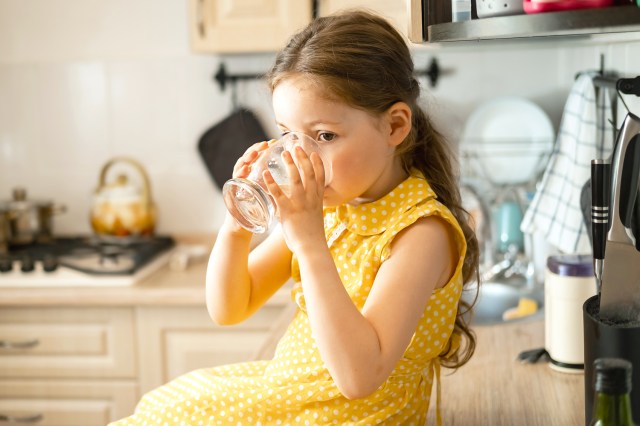
Dehydration in Children and Infants
According to the Mayo Clinic, infants and children are especially vulnerable to dehydration. They are more prone to experiencing severe diarrhea and vomiting, and are at a greater risk of losing more of their fluids from fever.
“Some signs of dehydration to look for in babies and young children are decreased wet diapers, dry mouth and tongue, irritability or listlessness, [and] no tears or less tears when crying,” Sonoda says. “Seek medical attention sooner for signs of dehydration in infants and young children — as well as older adults — since they are more prone to serious complications.”
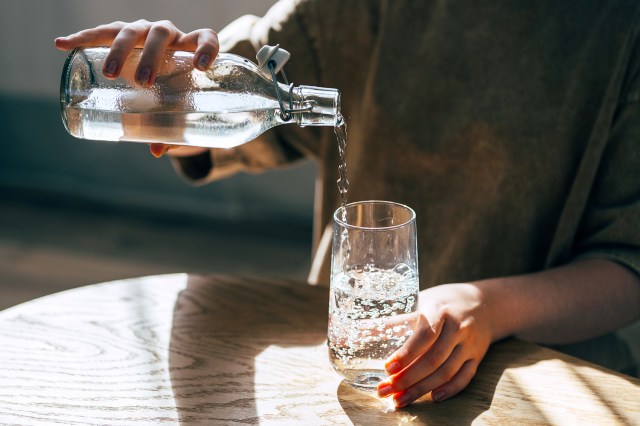
What’s the Best Way To Hydrate?
Experts agree that plain old H2O is best for hydration, although for some individuals doing strenuous activities or experiencing illness, electrolyte replacement may be necessary. “Water is the best, easiest, and cheapest form of hydration,” Sonoda says.
“The USDA has had a long campaign called ‘Rethink Your Drink’ to educate the public and schools on how much sugar is in common drinks like sodas, sports drinks, pouch drinks, and store-bought coffee and teas,” she added. “However, after strenuous exercise or illness with vomiting or diarrhea, an electrolyte packet or sports drink can be added to your second or third bottle of water to replace the salts and water lost.”
This article is for general informational purposes only.
Affiliate Disclaimer Medical Disclaimer



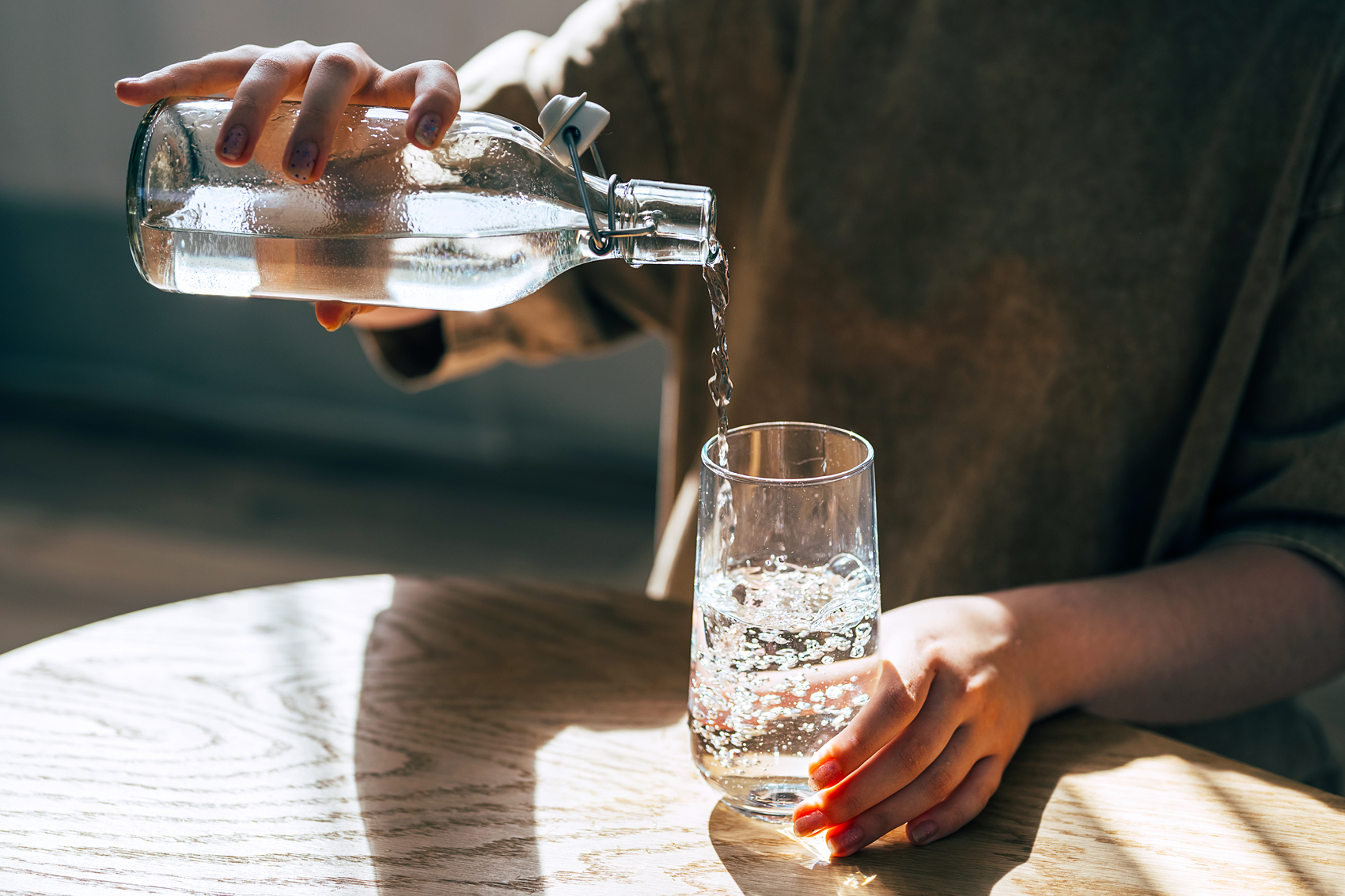

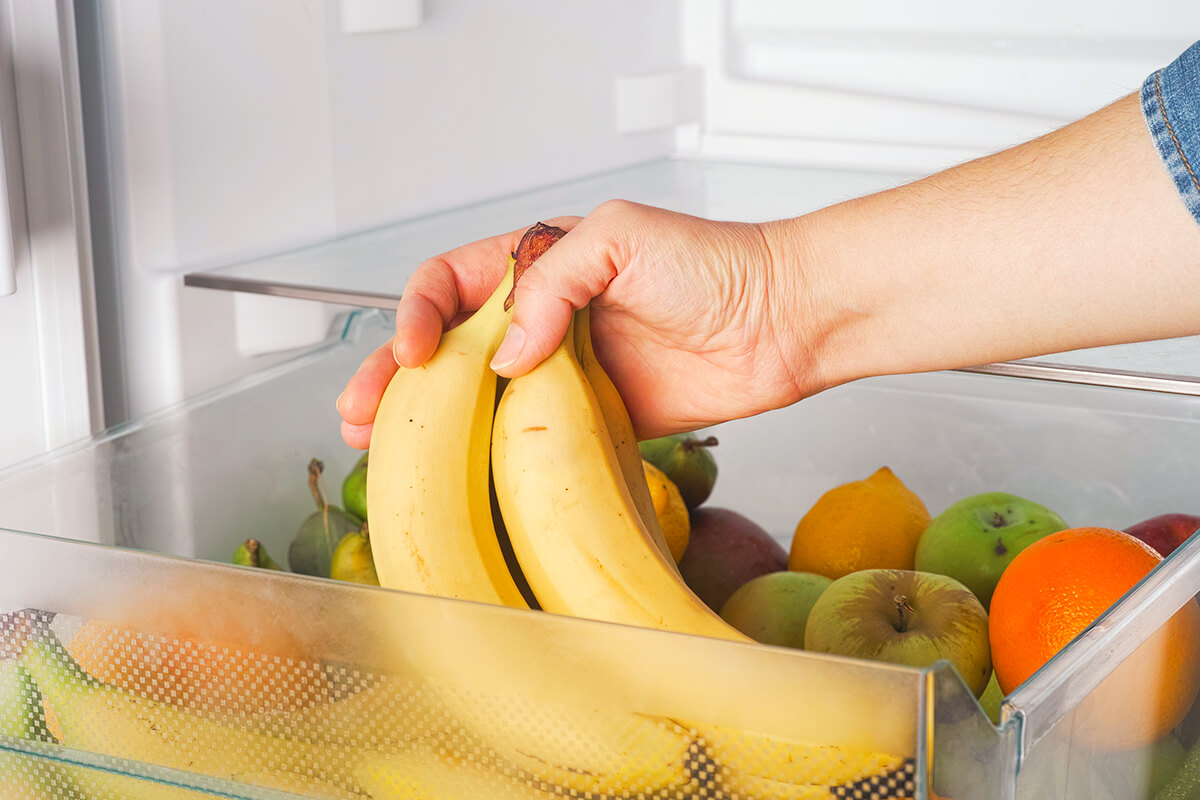










 Unique Beauty is free for all users.
Unique Beauty is free for all users.